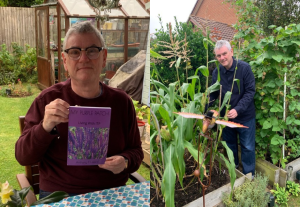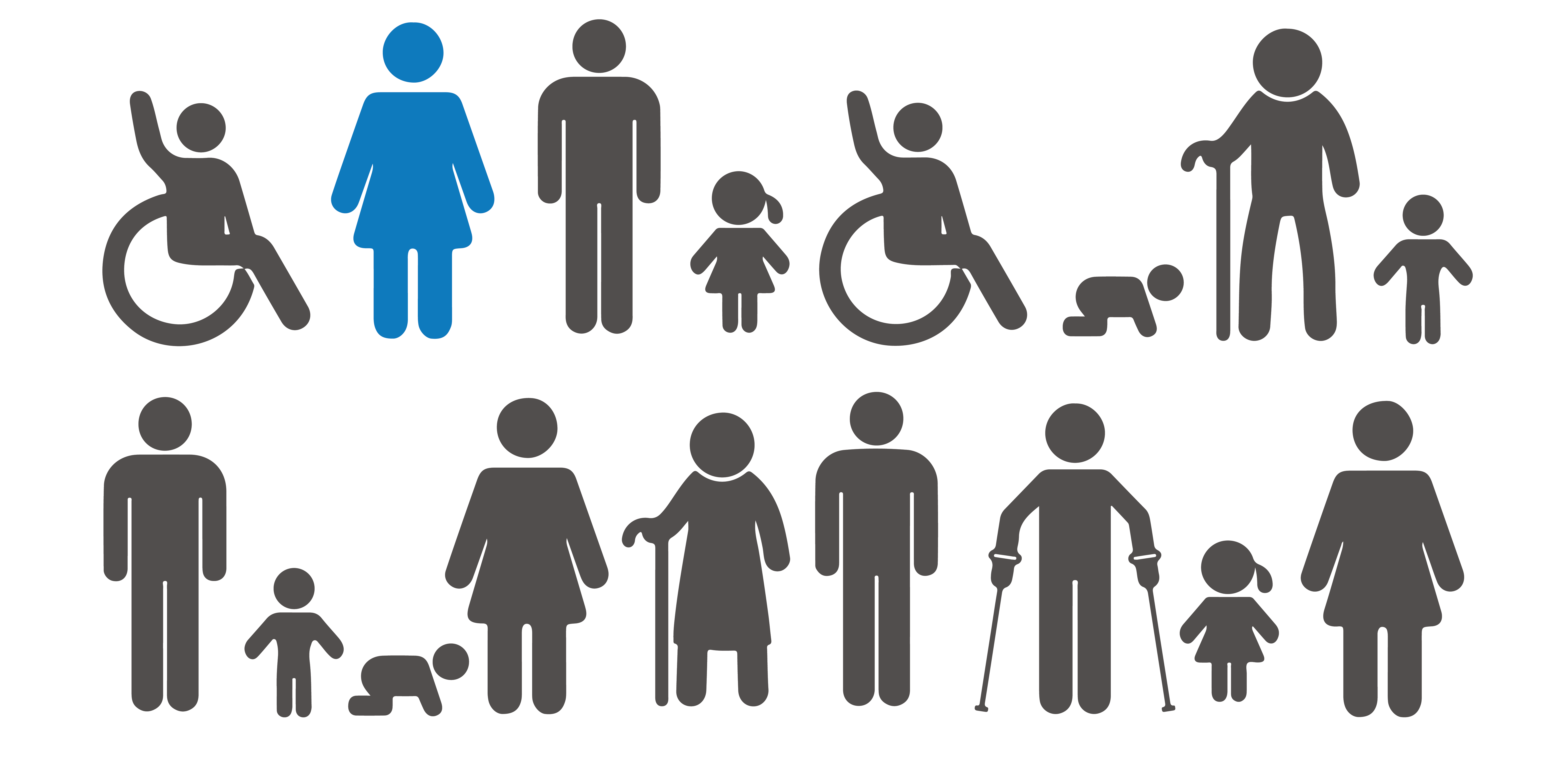Rare Disease Day this year will be bigger than ever and has lots of opportunities to get involved. Even by making small contributions we can all help to spread awareness and make the campaign a huge success.
The annual Rare Disease Day campaign has taken place every February since 2008 and every year the event grows bigger and more far reaching.
About me
I have ITP (immune thrombocytopenic purpura) and my many years of living with it have certainly been eventful, to say the least. I have jumped numerous fences and dived through more hoops than a circus performer.
It started in 2005 when I began getting random purple bruises on my arms, legs and torso. These bruises would appear without warning and often overnight I would develop them mysteriously. Some were the size of a coin and others as big as the lid of a jam jar.
My own ITP diagnosis took 8 hours on a very worrying Friday night in my local hospital. That is by no means as wretched as some diagnosis experiences but nonetheless it was still pretty harrowing. I have had better Friday nights!

ITP
A rare condition is defined as one that affects less than 1 in 2000 people and ITP (immune thrombocytopenic purpura) is 1 of those rare conditions. Overall there are over 7000 known rare conditions but new conditions are being discovered all the time and over 300 million people worldwide live with a rare disease.
For ITP, it is estimated that only 4,000 people in the UK live with the rare condition.
People with ITP know the frustrations & uncertainty around there being no cure for our illness, albeit we do have numerous treatment options. We also appreciate the difficulties of diagnosis because ITP is diagnosed by exclusion, where all other potential causes for our reduced platelet counts are ruled out before ITP is ruled in.
-
is 1 of 80
auto immune conditions
-
3 in 10
people living with ITP are diagnosed whilst being examined by a doctor for something else
-
has 4000
people in the UK living with ITP at any one time
Getting a diagnosis
Since my diagnosis I have been on something of an ITP roller coaster, having many different treatments and suffering many wretched side effects, whilst having some successes and a few failures. Some treatments are immune suppressing drugs that reduce ability to fight off infections; viruses like Covid-19, bugs, colds, flu’s etc. so it is a matter of measuring risk versus reward. We have to weigh up the side effects, potential problems (short and long term) against keeping our platelet levels as high as possible at consistent levels.
I always remain positive about my debilitating condition but there is never any room for complacency and I take nothing for granted.
One of the difficulties of understanding ITP numbers is that many people may be suffering with it without knowing it. I had ITP symptoms (bruising and terrible fatigue) for a year before I went for a check up and I had no idea that I had anything serious wrong with me. About 3 in 10 people living with ITP are diagnosed whilst being examined by a doctor for something else.
It is incumbent on all of us who are able to tell our stories and spread awareness for our rare conditions.
This is what drives me to take part every year in the Rare Disease Day campaign and to do voluntary work for the ITP Support Association where I set up and continue updating all of their social media platforms. I am now on the Board of Trustees as a Patient Observer and also contribute a quarterly article to their Platelet magazine

What I Will Be Doing for the Rare Disease Day Campaign?
I will be busy posting updates every day of February on all the ITP Support Association social media platforms and on my own personal forums too.
Please help to spread any postings and updates that I make on social media to as wide an audience as possible by re-tweeting, liking & re-posting items as often as you can. This campaign will be successful if we spread awareness as far and wide as possible. We have to make some noise!
So Why Get Involved with the Rare Disease Day Campaign?
Rare Disease Day improves knowledge amongst the general public of all rare diseases while encouraging researchers and decision makers to address the needs of those living with rare diseases. By helping the campaign we are helping ourselves to better treatment, research, diagnosis and support for all rare disease patients and their families.
However small your action might be, it will definitely help.
Get all the stats
Our page on facts and figures provide an easy and impactful way to raise awareness and understanding of the challenges of living with a rare, genetic or undiagnosed condition in the UK.
Take a look




